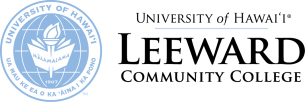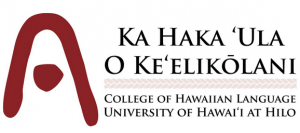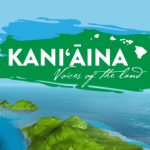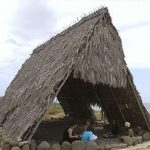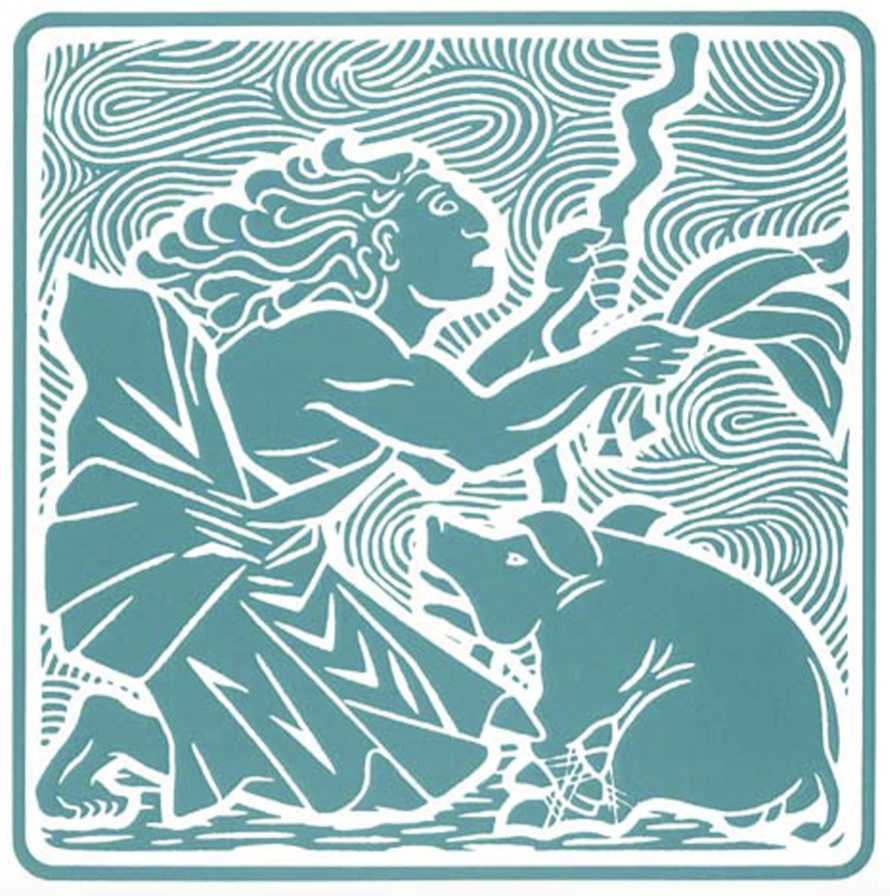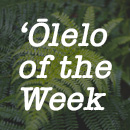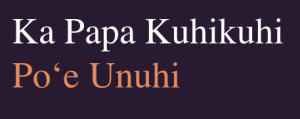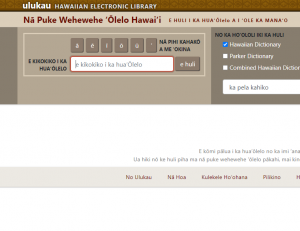To learn, teach, counsel
Aʻo
At the Native Hawaiian Place of Learning Advancement Office, we are committed to providing resources and support to deepen our communities’ roots in Hawaiian language, knowledge, and values so that together we have the tools to advance UH Mānoa as a Native Hawaiian place of learning.
Below are some resources to learn more about Mānoa and Hawai‘i. In the true nature of a‘o aku (to teach) and a‘o mai (to learn), if you have a resource you would like to share please submit it to us using our NHPoL Additional Resources Form.
Also, if there is something you would like to learn, please let us know using our NHPoL Feedback Form. Mahalo!

Hawaiian History & Culture
Broaden and deepen knowledge of Hawai‘i

‘Ōlelo Hawai‘i
Re-normalize Hawaiian language

Native Hawaiian Reports
Learn from UH system and UH Mānoa reports

Mānoa Valley Resources
Get to know Mānoa Valley
Native Hawaiian Reports
Over the past 35 years, four large reports have been written recommending hundreds of ways the University of Hawai‘i System and UH Mānoa can be more responsive to Native Hawaiian communities and more reflective of Indigenous Hawai‘i. These reports form the basis of our office’s work.
The 1986 Kaʻū Report was written in response to the overarching question: Where are the Hawaiians in the UH system? At that time, Native Hawaiians comprised approximately five percent of all students in the UH system. Visit the Ka‘ū Report.
*An ADA accessible version of Kaʻū Report Coming Soon
The 2012 Hawaiʻi Papa o ke Ao Report is a follow-up to the 1986 Ka‘ū Report and provides recommendations reflective of the updated time period. Visit the Hawaiʻi Papa o Ke Ao Report.
*An ADA accessible version of Hawaiʻi Papa o Ke Ao Report Coming Soon
This is the first report that focuses solely on outcomes at UH Mānoa. Visit the Ke Au Hou Report.
*An ADA accessible version of Ke Au Hou Report Coming Soon
The 2016 Ka Hoʻokō Kuleana Report is a follow-up to the 2012 Ke Au Hou Report. Visit the Ka Ho‘okō Kuleana Report and Action Plans
*An ADA accessible version of Ka Hoʻokō Kuleana Report and Action Plans Coming Soon
Hawaiian History and Culture
We believe that the more each of us learns about Hawai‘i, including her history and culture, the more we can engage in aloha ‘āina and positively contribute to making UH Mānoa a Native Hawaiian place of learning. We are committed to providing stellar resources authored by our own UH Mānoa faculty as well as others who are excellent in various areas of Native Hawaiian scholarship.
Coming Soon
We are working on a compilation of resources to provide a reading/watching list to serve as a living annotated bibliography on Hawaiian history and culture. Each section will be broken up by era to contextualize Hawaiian history and culture through specific time periods. Our working categories are:
- Traditional Hawaiian History
- Hawaiian Kingdom Era
- Territorial Era
- From the Kingdom to the Territory
- Hawaiian Renaissance and Hawaiian Sovereignty
- Contemporary Hawaiʻi
- Hawaiʻi’s Future
- ʻĀina and Culture-Based Education.
Hamilton Library Resources
While we finalize our annotated bibliography, we would like to point to some great resources on Hawaiian culture and history through the efforts of our awesome faculty and staff at Hamilton Library:
- Hawai‘i: A Bibliography on Hawaiian Folklore, Mythology, Literature, Music, Hula
- Ahupua‘a Research: Reference Books
- Research Guides on Hawai‘i (scroll down to “Hawai‘i” and find a vast amount and variety of resources to learn from)
ʻŌlelo Hawaiʻi Resources
E ola mau ka ʻōlelo Hawaiʻi.
‘Ōlelo Hawai‘i, or the Hawaiian language, is the very heart of Hawaiian culture and knowledge systems. ‘Ōlelo Hawai‘i once flourished throughout the Hawaiian islands and was the sole vehicle for the transmission of all knowledge and traditions from one generation to the next. Even after the arrival of missionaries and other foreigners, Hawaiian language remained the primary language of the land. ‘Ōlelo Hawai‘i could be heard in the legislature, on the plantations, in everyday business, and in homes by all people who lived in Hawai‘i.
However, an eight-decade ban on Hawaiian language initiated by the illegal provisional government and then continued by the state of Hawai‘i in the Hawai‘i school system nearly exterminated Hawai‘i’s mother tongue. After 30 years of concerted effort, our numbers are increasing. But there is still a lot of work to be done. Join the collective effort to normalize our beloved ‘ōlelo Hawai‘i again. Take a class, use the online dictionary, and more! Below in alphabetical order is a collection of resources to start you on your ‘ōlelo Hawai‘i journey or to support your continued efforts. Please feel free to use the NHPoL Additional Resources Form to share additional resources with us. We can do this together!
Learn how to enable ʻōlelo Hawaiʻi diacritical markings on your keyboard by visiting the UH Mānoa ITS, Hawaiian Diacritics page.
Open to all students, the Hālau is a comfortable, nurturing environment for anyone interested in our host culture.
Visit the Hālau ʻIke o Puʻuloa page for more information.
Beneficial in the workforce or other areas of study where a foundational knowledge of the Native Hawaiian host culture can complement your worldview.
Visit the Hawaiian Studies, Hawaiʻi Community College page for more information.
They provide an opportunity for students to gain an understanding and knowledge of the host culture of Hawai’i, the Native Hawaiian language, culture, and values.
Visit the Hawaiian Studies, Honolulu Community College page for more information.
Ma ka Mokuna Kālai‘ike o Ka Haka ‘Ula O Ke‘elikōlani he kālele ‘ia ke kālai‘ōlelo, ka mo‘omeheu ku‘una a me ka ho‘ona‘auao ma o ke kaiapuni ‘ōlelo Hawai‘i.
Visit the Ka Haka ʻUla O Keʻelikōlani Hawaiian Language College page for more information.
E ho‘oulu ka ‘imi ‘ike, me ka na‘auao i ke ea o nā Kūpuna. Kū i ka moku!
Visit the Kamakakūokalani Center for Hawaiian Studies page for more information.
The Kaniʻāina, “Voices of the Land,” digital repository is an educational resource focusing on native Hawaiian speech to encourage and enhance the learning of the Hawaiian language and culture. There are two primary collections: Ka Leo Hawaiʻi, and Kū i ka Mānaleo.
Visit the Kaniʻāina page for more information.
Kanaeokana is a network of ʻōlelo Hawai’i, Hawaiian culture, and ʻāina-based organizations engaged in collaborative efforts to strengthen the lāhui. Their goal is to strengthen the lāhui and nurture the next generations of aloha ʻāina leaders through a strong ʻōlelo Hawaiʻi and ʻike Hawaiʻi foundation.
Their ʻōlelo Hawaiʻi page is robust and we encourage you to visit the Kanaeokana page for more information.
Eia nō mākou ke ‘imi nei i ke alahele e mālama ai i nā mamo a Hāloa—‘o ka ‘āina, ‘o ke kanaka, ‘o ka mo‘olelo, a me ka ‘ōlelo. He mea nui ka mālama ʻana i nā mea a pau no ka pono o kākou a pau ma Hawai‘i nei, a ma o ka ho‘ōla ‘ana, ka ho‘ona‘auao ‘ana, a me ka ho‘omau ‘ana i ia mau hana e ola mau ai ka ‘ōlelo Hawai‘i.
Visit the Kawaihuelani Center for Hawaiian Language page for more information.
Students study the culture and language of Hawaiʻi are provided with an awareness and understanding of the values, religion, and customs of ancient and modern Hawaiʻi.
Visit the Maui College page for more information.
The Native Hawaiian Student Services at UH Mānoa offers Hawaiian language tutors, and provides free tutoring services for any undergraduate or graduate student at UH Mānoa.
Visit the Native Hawaiian Student Services page for more information.
This book is a collection of Hawaiian proverbs and poetical sayings that were collected, translated, and annotated by Mary Kawena Pukui.
Read ʻŌlelo Noʻeau: Hawaiian Proverbs and Poetical Sayings to learn more.
‘Ōiwi Television produces top-quality documentaries, news and multimedia content from a uniquely Hawaiian perspective. They have 925 videos in ‘ōlelo Hawai‘i; many of those help to teach ‘ōlelo Hawai‘i to second language learners.
Visit the ʻŌiwi Television page for more information.
ʻŌlelo of the Week is a University of Hawaiʻi News resource that provides a Hawaiian word for the week, elements of the definition and how the Hawaiian word is used.
Visit the ʻŌlelo of the Week for more information.
Papa Kuhikuhi Poʻe Unuhi is a directory of Hawaiian language translators. Users will be able to quickly identify businesses, entrepreneurs, and creatives that provide translation services.
Visit Papa Kuhikuhi Poʻe Unuhi for more information.
Wehewehe is an online searchable dictionary that combines several dictionaries and place names books. This online dictionary includes customizable searches and allows for Hawaiian to English and English to Hawaiian translation.
Visit the Wehewehe page for more information.
Wehewehe Wikiwiki is a website that provides efficient access to Hawaiian dictionaries and place names resources and was created by UH Hilo.
Visit the Wehewehe Wikiwiki page for more information.
Hawaiian language courses at Windward Community College.
Visit the Windward Community College page for more information.


